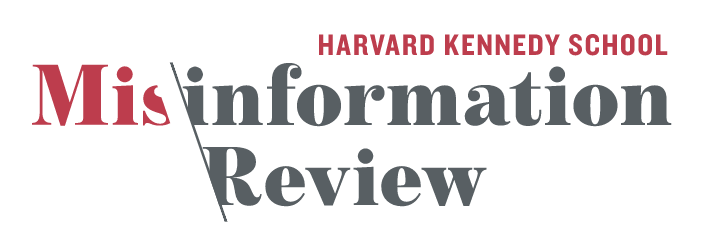A group of cancer researchers at the University of Rochester have now lost three papers over concerns about the data in the articles – issues that evidently did not rise to the level of misconduct, according to the institution.
The work came from the lab of Yuhchyau Chen, of the university’s Wilmot Cancer Institute. A common co-author was Soo Ok Lee, who is no longer affiliated with the University of Rochester. In addition to the three retractions, Lee has several corrections and an expression of concern.
The most recent retraction involves a 2019 article in the Journal of Molecular Medicine titled “Radiation-induced glucocorticoid receptor promotes CD44 + prostate cancer stem cell growth through activation of SGK1-Wnt/β-catenin signaling” for which Chen and Lee were corresponding authors. The paper has been cited nine times, according to Clarivate Analytics’ Web of Science.
According to the retraction notice, dated December 10:
Continue reading University of Rochester cancer researchers included ‘incorrect images’ in 13 papers, committee finds







